Texas sues Google for collecting biometric data without consent. The state’s attorney general, Ken Paxton, said that products like Google Photos and the Nest camera had infringed on Texans’ right to privacy.
The state of Texas accuses Google in a lawsuit that could cost the tech giant billions of dollars in civil penalties for violating a Texas statute that prohibits businesses from collecting biometric data of unknowing Texans by using facial and voice recognition software in its apps and gadgets.
Texas Google Lawsuit: Texas sues Google for biometric data usage, and it can cause billions of dollars in penalties
Texas sues Google! Attorney General Paxton has filed a lawsuit against Google, claiming that the tech giant illegally collected and used the biometric data of millions of Texans without getting their informed consent.
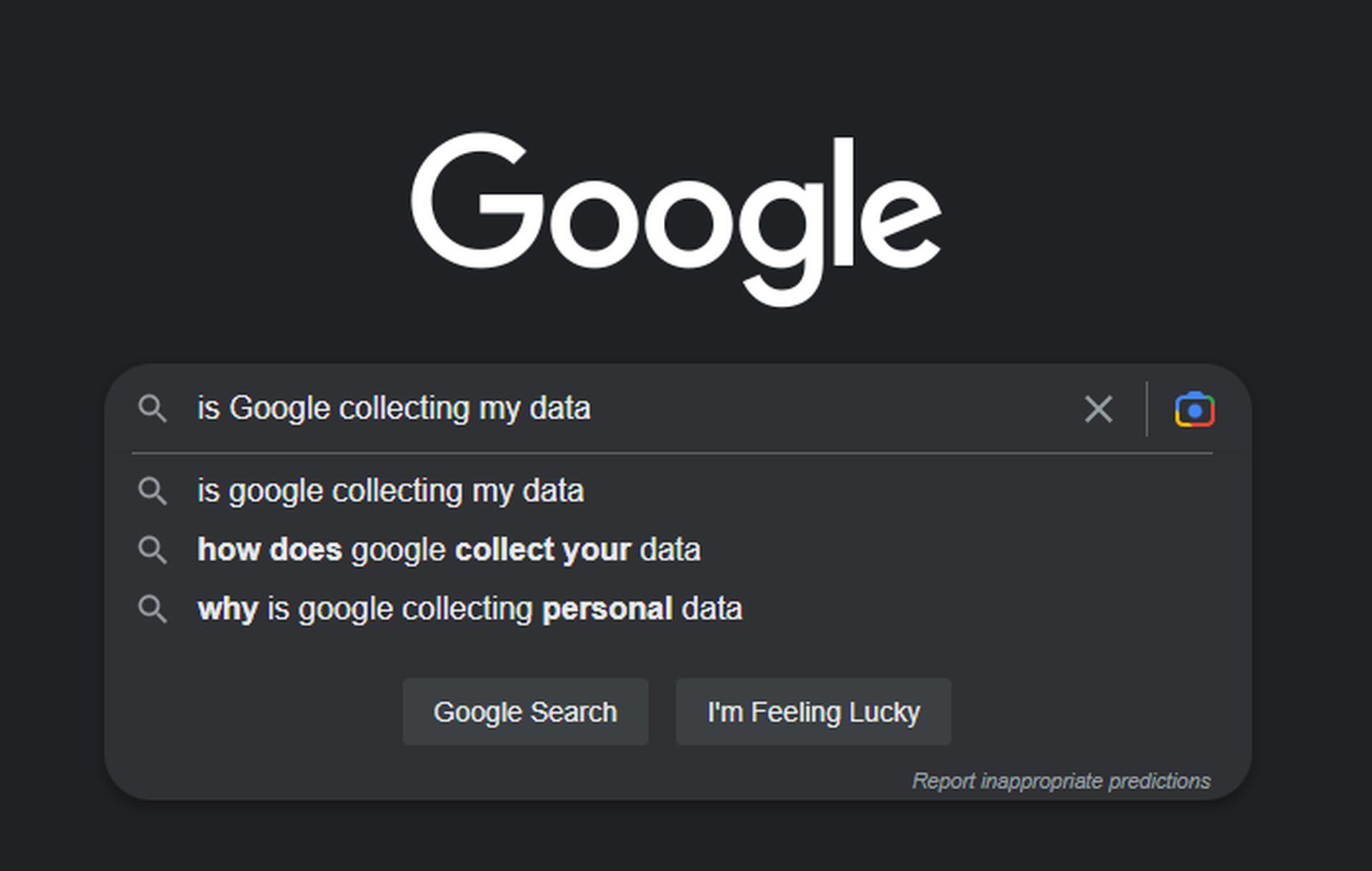
The lawsuit claims that Google has unlawfully obtained millions of biometric identifiers from Texans through its services and products, including Google Photos, Google Assistant, and Nest Hub Max. These biometric identifiers include voiceprints and records of face geometry. A knowing violation of the state’s Capture or Use of Biometric Identifier Act is Google’s use of Texans’ private information for its own commercial gain.
“Google’s indiscriminate collection of the personal information of Texans, including very sensitive information like biometric identifiers, will not be tolerated. I will continue to fight Big Tech to ensure the privacy and security of all Texans.”
Attorney General Paxton
Lawbreakers risk fines of up to $25,000 for each infraction. Millions of Google users in Texas, according to Mr. Paxton, may have been impacted. It means the violation’s cost can reach billions of dollars.

“Mr. Paxton is once again mischaracterizing our goods in another breathless lawsuit,” according to José Castaeda, a Google spokesman. We’ll correct the record in court,” he continued.
The Google Nest camera, which can send alerts when it recognizes (or doesn’t recognize) a visitor at the door; the voice-activated Google Assistant, which can learn to recognize up to six users’ voices to give them personalized answers to their questions, and the Google Photos app are all the targets of the complaint.
Check out the T-Mobile Data Breach Settlement
Texas Google Lawsuit 2022 explained
The state of Texas accuses Google in a lawsuit that could cost the tech giant billions of dollars in civil penalties for violating a Texas statute that prohibits businesses from collecting biometric data of unknowing Texans by using facial and voice recognition software in its apps and gadgets.
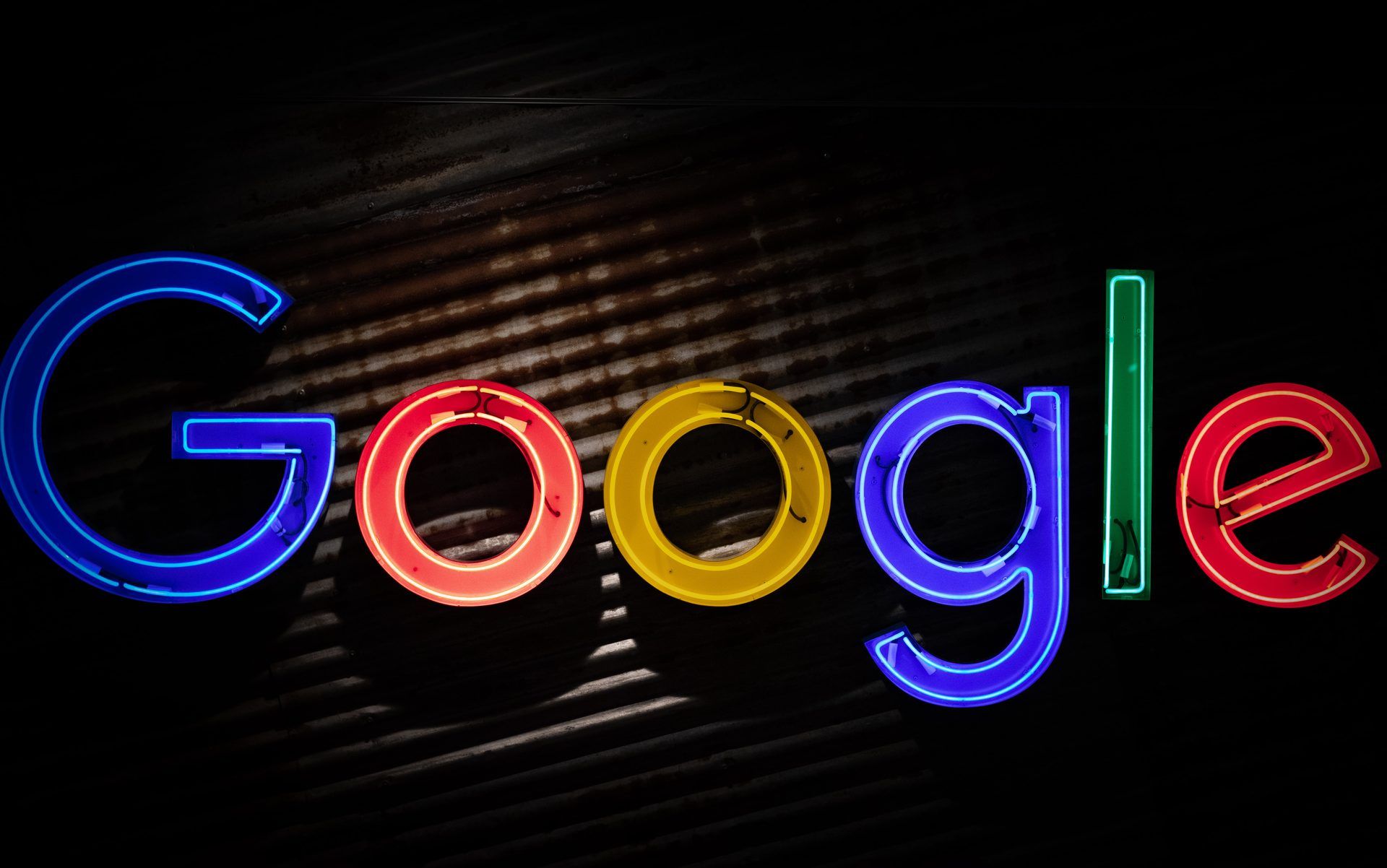
The Texas Capture and Use of Biometric Data Act, which was passed by the state legislature in 2009, forbids private organizations from obtaining a person’s biometric identifier without that person’s informed consent. It also mandates that the information be destroyed no later than a year after the date the information was obtained.
The claim against Silicon Valley-based Google, whose parent company Alphabet Inc. will generate $76 billion in earnings in 2021, was filed on Thursday in Midland County District Court. Texas Attorney General Ken Paxton engaged attorneys with Norton Rose Fulbright to lead the case.
Three Google services and products are at the focus of the lawsuit:
- Google Photos app
- Google Assistant service
- Nest Hub Max
Texas asserts Google utilizes artificial intelligence to scan every person’s face in images and videos posted to Google Photos, including those of youngsters. It then produces a digital map of each face and turns it into a string of data that matches a profile specific to each face.
Check out the EU’S artificial intelligence act
The complaint claims that facial recognition technology can “distill the distinctive physical traits of a particular face down into data; it can be utilized with authorization for numerous routine actions, such as unlocking phones and accessing password-protected accounts.”
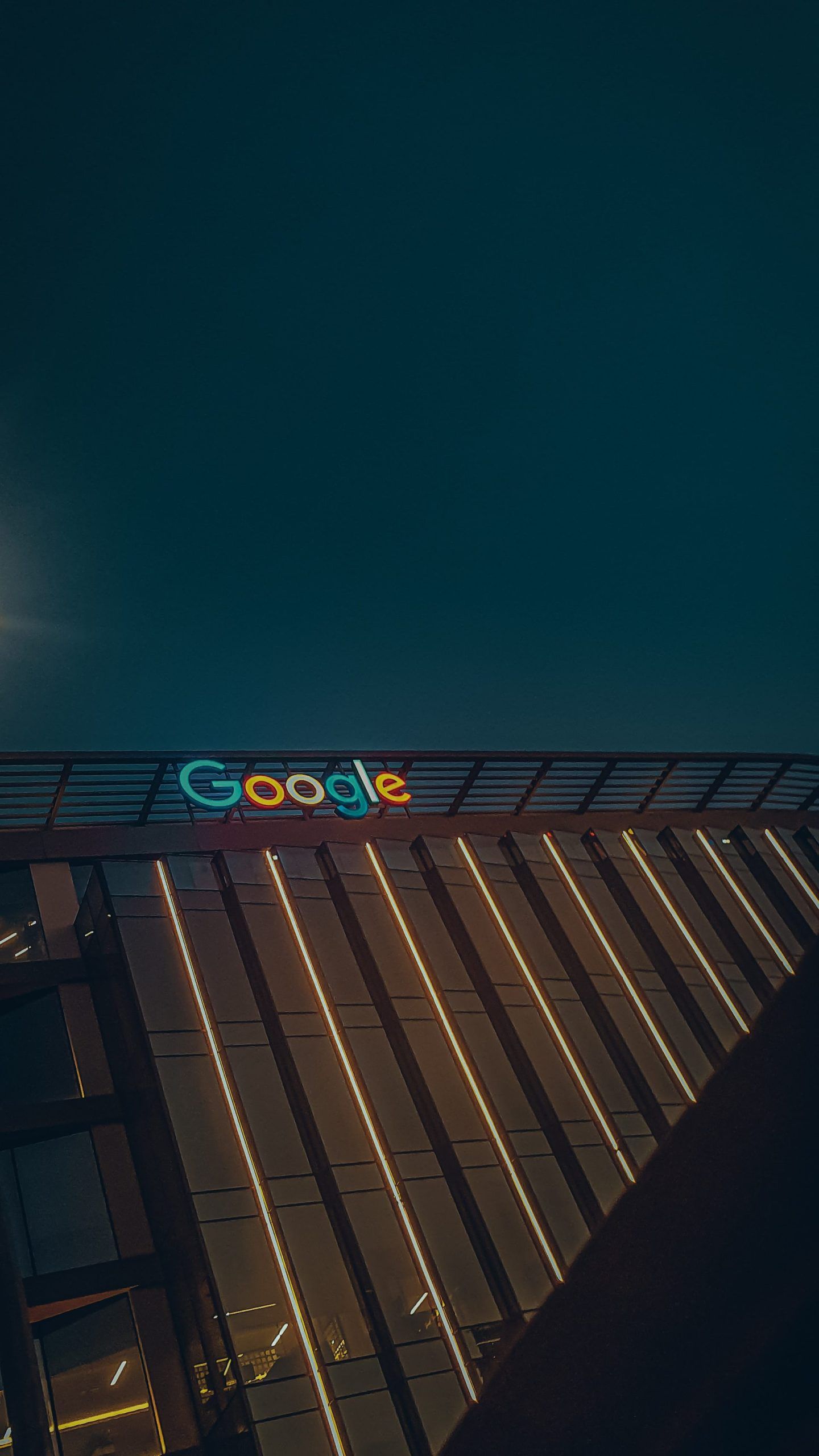
Google claims that it distributes the data for the app’s “Face Grouping” feature, which automatically combines pictures of people with similar faces to make it easier for users to find pictures of their relatives. Texas claims that because Google uses facial recognition indiscriminately on every face found in video or images, including bystanders in the background, it is impossible for Google to have gained the agreement of all the Texans whose faces it has photographed.
While Google touts the Nest Hub Max as a device that will help busy people and families stay connected by allowing them to send and receive video messages and make video conversations, Texas claims that the Nest Hub Max also records the face of any Texan who comes into its camera’s field of view.
According to the lawsuit, Next Hub Max features a facial recognition feature called “Face Match” that enables numerous users to scan their faces with the device, so it may save a face template for them and customize the material, such as reminders for upcoming events, for each of them. Texas asserts that the device’s “always-on” facial-recognition software scans and records every time a non-user enters the field of view of its camera so that their face can be compared to a database of faces.
Additionally, Texas claims that Google Assistant, a system the firm bills as a personal assistant that users activate with brief commands like “Hey Google,” is included in the Google Nest range of smart home goods, which includes speakers, cameras, alarm systems, and thermostats. When turned on, Google Assistant begins “recording and storing voiceprints for any voice it can detect,” even those belonging to people who did not provide their approval and are unable to do so.
Texas argues that Google analyzes all the data it gathers to enrich the dossiers it has built up for individuals in order to increase its ad revenue by giving businesses the ability to personalize their adverts to particular demographic groupings. Google earns more than 80% of its revenue from advertising.
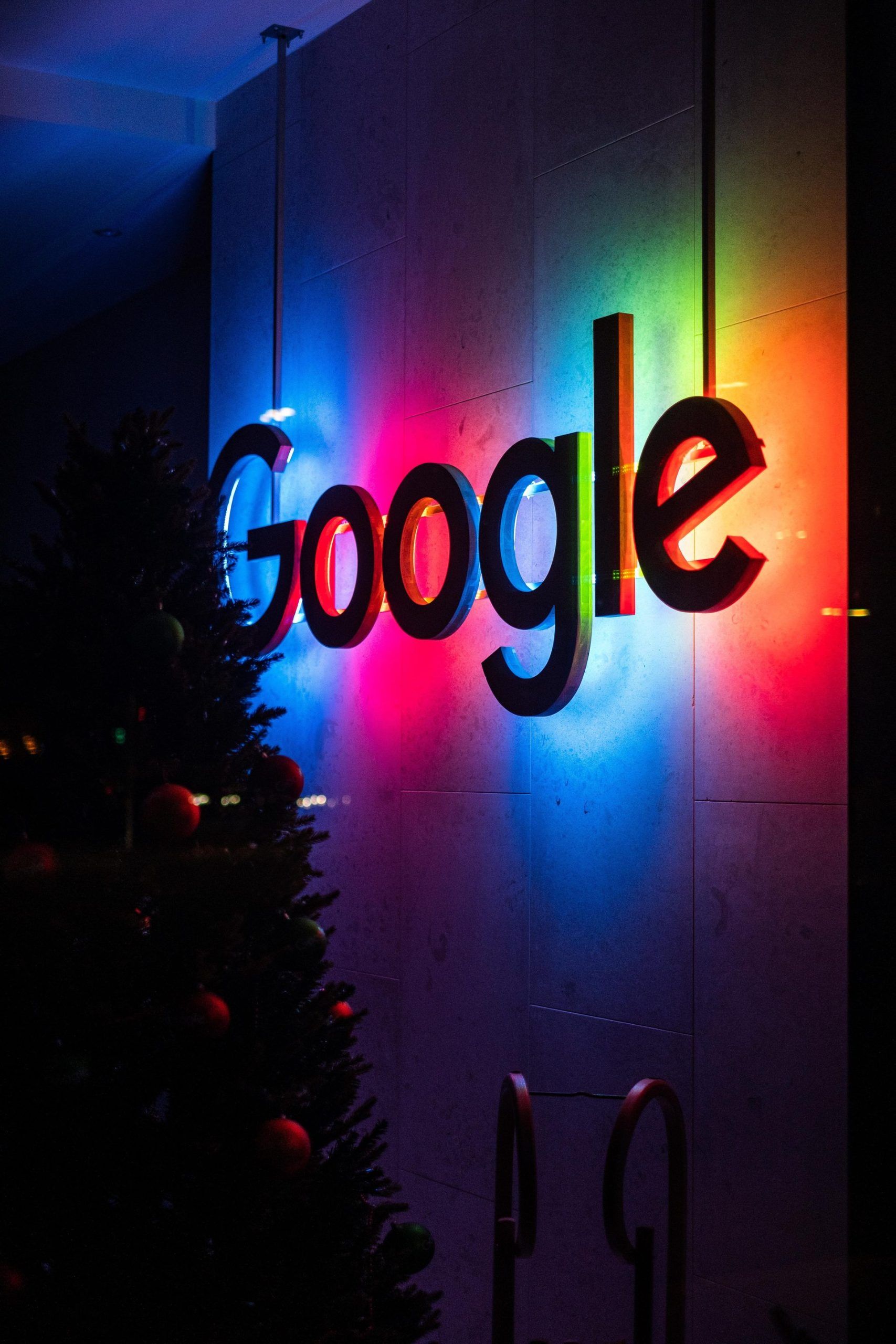
Texas wants to impose civil fines of up to $25,000 for each infraction of the law governing the collection and use of biometric data.
Check out the Equifax Data breach settlement
Check out the full Texas Google Lawsuit for more detailed information.
Texas Google Lawsuit 2022 is not the first round of Paxton vs Google
Paxton has previously targeted Google for its commercial tactics. In December 2020, he filed an antitrust case against the business in the Eastern District of Texas, accusing it of exploiting its monopoly on the sale of digital ads. He was joined by the attorneys general of ten other states.
A revised version of the complaint was filed in the Southern District of New York, where six additional states and the Commonwealth of Puerto Rico joined.

Last month, U.S. District Judge Kevin Castel refused to throw out the case. According to his findings, the states “plausibly contended that Google has monopoly strength in and deliberately engaged in anticompetitive behavior” in the marketplaces for digital advertising.
In January, Paxton also filed a lawsuit against Google in a state court in Victoria County, Texas, alleging that the company was tracking users’ locations for commercial gain and infringing on the Texas Deceptive Trade Practices Act.
Check out the Medibank cyber attack: Medibank Private hack explained
Texas Biometric Privacy Law
Since 2009, Texas has had a biometric privacy statute that makes it illegal to collect someone’s biometric information for a commercial purpose unless they have been notified and given their consent. The law also prohibits selling or disclosing a person’s biometric data unless in specific situations.

“Biometric identifier” in the context of the law refers to a recording of hand or face geometry, a voiceprint, a retinal or iris scan, or a fingerprint.
Check out Binance hack: Binance Smart Chain Hack explained
What is the Google Photos app?
All of your photographs and videos can be found on Google Photos, which is also a great tool for sharing. The official Google Photos app offers crucial features like shared albums, automatic creations, and a powerful editing suite. It is designed for the way you take pictures today.

What is the Google Assistant service?
Google’s virtual voice assistant is called Google Assistant. It is a development of Google Now, a former Android feature that informed you about your interests before you even asked. It competes with Microsoft’s Cortana, Amazon’s Alexa, and Apple’s Siri (to a lesser extent).
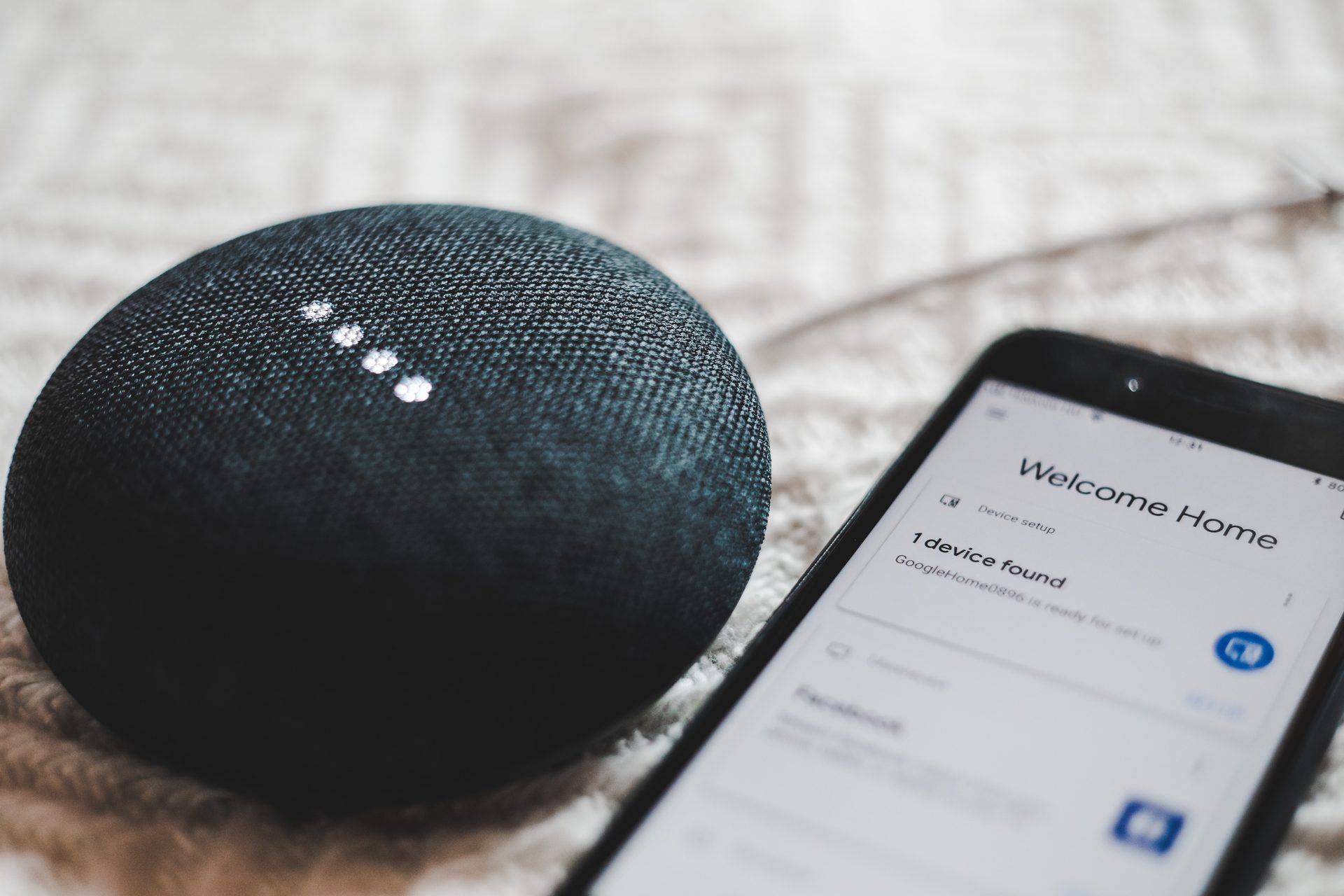
What is the Nest Hub Max?
Nest Hub Max makes it possible for everyone to stay in touch, whether they are nearby or across the country. With Duo, you may send and receive video messages. Just say, “Hey Google, call Grandma,” as it is hands-free. Google Photos automatically displays your most recent and best pictures, keeping family close at hand.
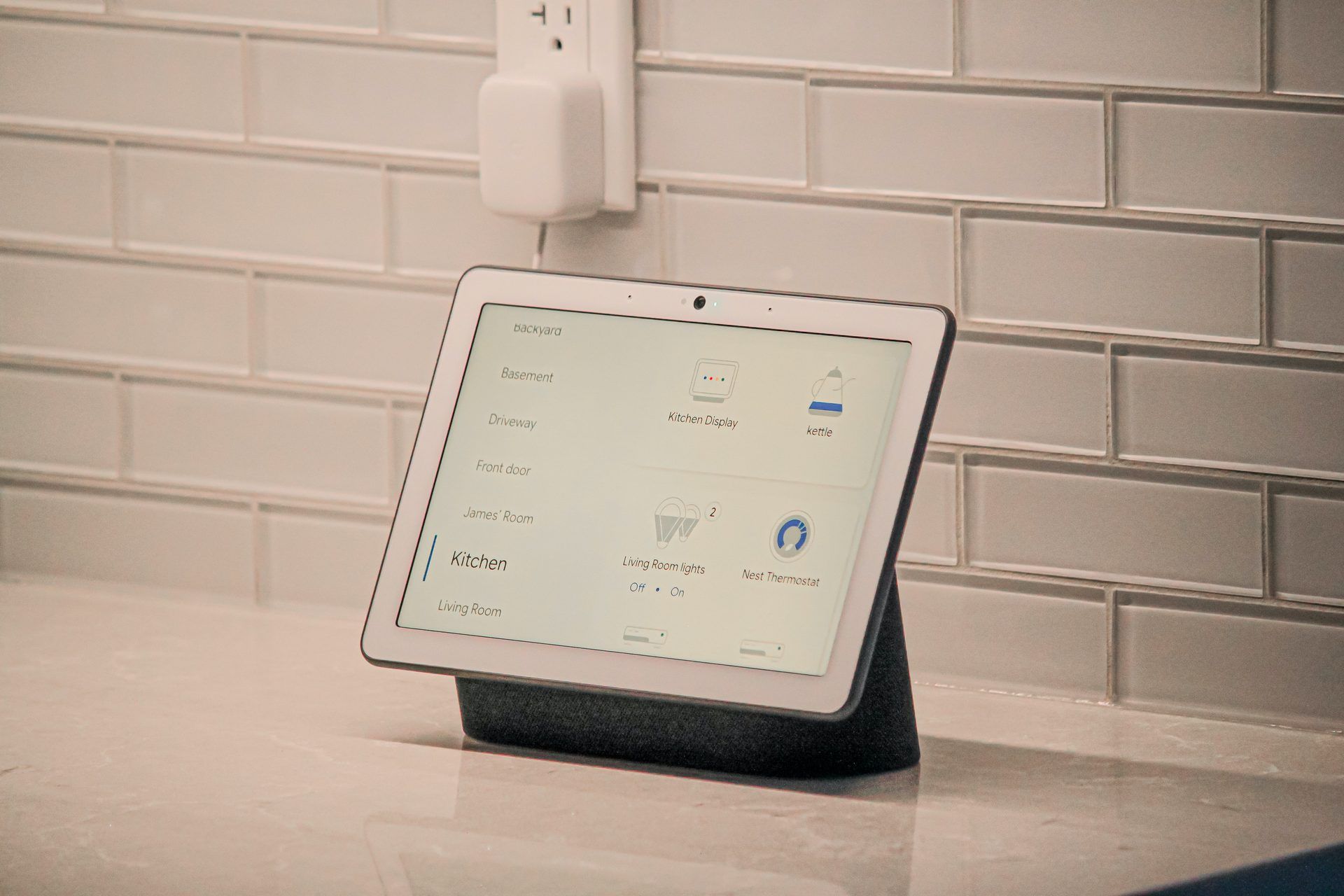
Check out the latest data breaches: CHI Health data breach, Facebook data breach, Uber Security data breach, and American Airlines data breach
Biometric data meaning
Biometric data refers to data about an individual’s anatomical, physiological, or behavioral traits that enable unique identification, such as facial photographs or dactyloscopy data.




